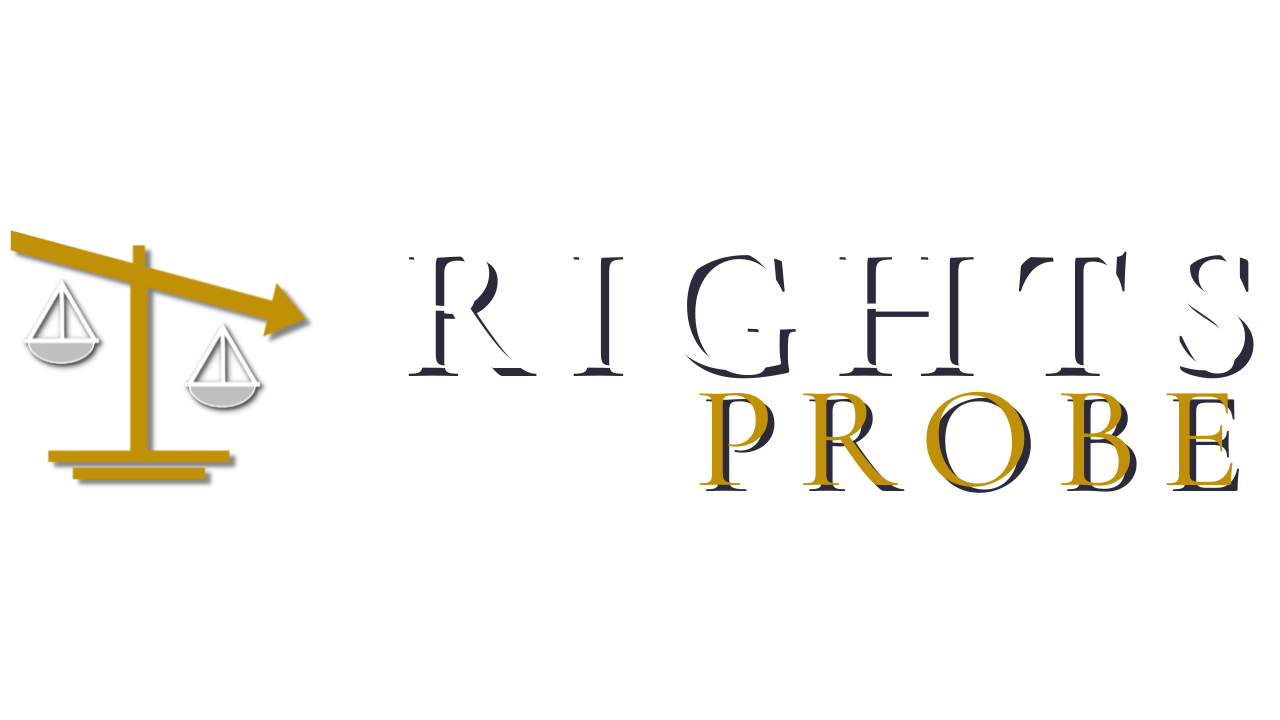Rise of the all-powerful administrative state heralded Canada's internet crackdown
By Bruce Pardy | Special to the National Post
Elon Musk called it insane. Critics cited in The Telegraph described it as “draconian.” According to global law firm Norton Rose Fulbright, it is “the most significant expansion of Canada’s hate speech laws.” “It” is Bill C-63, the Liberal government’s online harms act. It will crush Canadians’ online freedom of speech. How is this possible? From the beginning, we have made a naïve constitutional mistake.
Bruce Pardy provides a historical and philosophical perspective on the evolution of governance and the distribution of power within the Western liberal democratic tradition, tracing the movement of power from absolute monarchies to legislative bodies to the judiciary. Despite these shifts in power, the fundamental issue of the potential for tyranny and overreach remains. The intention was to create a system of checks and balances but, in practice, our institutions have often aligned in their approach to managing society. Bill C-63 represents a further consolidation of power by the administrative state. Our current system refined through historical developments still does not adequately address the issue of governance by consent.
“We trusted that these institutions would commit to their own restraint,” writes Bruce. “We believed that vague language in constitutional documents would preserve our liberty. Bill C-63 is but one of many illustrations of the error of our thinking. We have been tragically naïve.”
Read the full article at the publisher’s website here
Reprinted by Macdonald-Laurier Institute.
This article is based on a previous piece by Bruce Pardy published by C2C Journal.
Bruce Pardy is executive director of Rights Probe and professor of law at Queen’s University. Contact Bruce at rightsprobe@protonmail.com or on Twitter @PardyBruce.
Image credit: Jason Hafso
